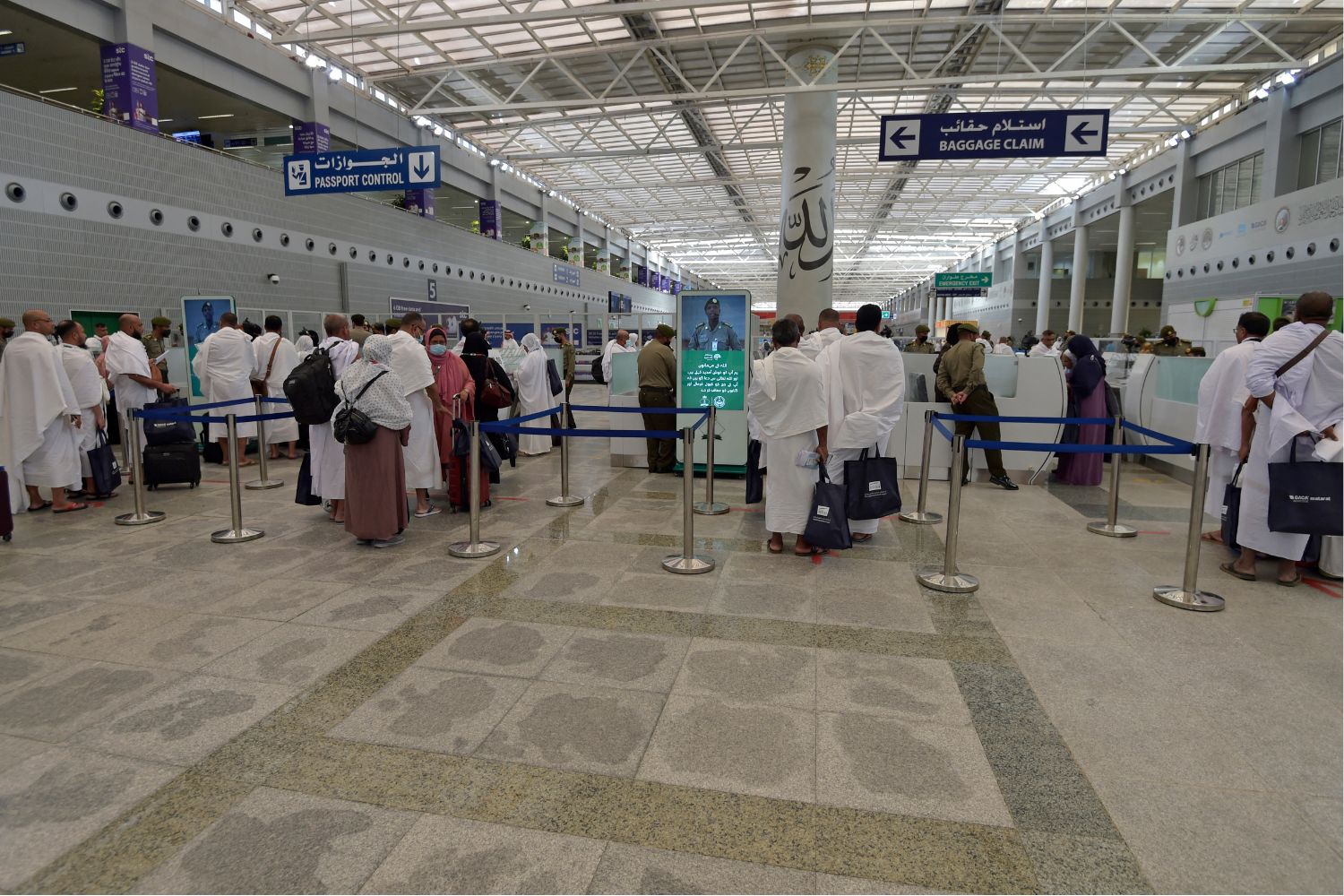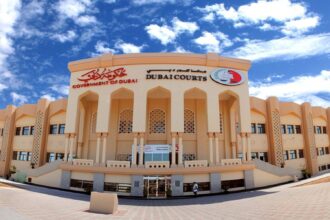Riyadh, Saudi Arabia – In a significant development for the energy sector, Saudi Arabia has announced the discovery of seven new oil and gas deposits in the country’s Eastern Province and Empty Quarter regions. Saudi Energy Minister Prince Abdulaziz bin Salman revealed that state oil company Saudi Aramco made the groundbreaking discoveries, marking an important addition to the Kingdom’s vast energy resources.
The discoveries include two unconventional oil fields and one reservoir of light Arabian oil in the Eastern Province, alongside two natural gas fields and two natural gas reservoirs in the Empty Quarter. These new finds are expected to bolster Saudi Arabia’s efforts to enhance its oil and gas production capacity, reinforcing the nation’s position as a leading global energy producer.
Minister Abdulaziz emphasized the strategic importance of these discoveries, noting that they will significantly contribute to the kingdom’s ongoing initiatives to expand its hydrocarbon reserves and production capabilities. This continued focus on increasing oil and gas output remains a critical driver of Saudi Arabia’s economy, supporting its vision of sustained growth and development.
Saudi Aramco, the world’s largest oil company, is set to conduct further evaluation and development of these new deposits in the coming years. The discoveries underscore the company’s commitment to maintaining and enhancing its production capacity, ensuring the steady supply of energy to meet both domestic and global demands.
The announcement has been met with optimism, highlighting Saudi Arabia’s proactive approach to resource management and its readiness to adapt to evolving energy needs. As the kingdom continues to explore and develop its energy assets, these new finds are poised to play a crucial role in the country’s economic strategy and its contributions to the global energy market.
Mineral and Fossil Fuel Deposits in the Middle East
The Middle East is renowned for its abundant mineral and fossil fuel deposits, making it a pivotal region in the global energy landscape. The region’s vast reserves of oil and natural gas are amongst the largest in the world, significantly influencing global energy markets and geopolitical dynamics. Countries such as Saudi Arabia, Iran, Iraq, and Kuwait boast some of the largest proven oil reserves, collectively holding more than half of the world’s total. These reserves have been the backbone of economic development in these nations, providing substantial revenue and enabling extensive infrastructural and social advancements.
In addition to oil, the Middle East is also rich in natural gas deposits. Qatar, for example, has the world’s third-largest natural gas reserves and is a leading exporter of liquefied natural gas (LNG). Iran and Saudi Arabia also possess significant natural gas reserves, which are being increasingly developed to meet both domestic energy demands and export potential. The exploitation of these gas reserves is critical for diversifying energy sources and reducing reliance on oil.
Beyond hydrocarbons, the Middle East is home to various mineral resources. Phosphate deposits, primarily found in Jordan and Morocco (often included in Middle Eastern economic analyses), are amongst the world’s largest and are crucial for the production of fertilisers. The region also has significant deposits of sulfur, found extensively in Iraq, which is vital for various industrial applications. Additionally, the Arabian Shield, a geological formation in the Arabian Peninsula, contains precious and base metals such as gold, silver, copper, and zinc, especially in Saudi Arabia and Oman.
The exploration and extraction of these mineral and fossil fuel resources have profound economic implications for Middle Eastern countries. They contribute substantially to national GDPs, government revenues, and employment. However, this heavy reliance on fossil fuels also poses economic risks, particularly price volatility in global markets and the long-term need for economic diversification to reduce dependence on hydrocarbons. Environmental concerns related to resource extraction and the global shift towards renewable energy sources further underscore the need for these countries to invest in sustainable energy solutions and diversify their economies.













